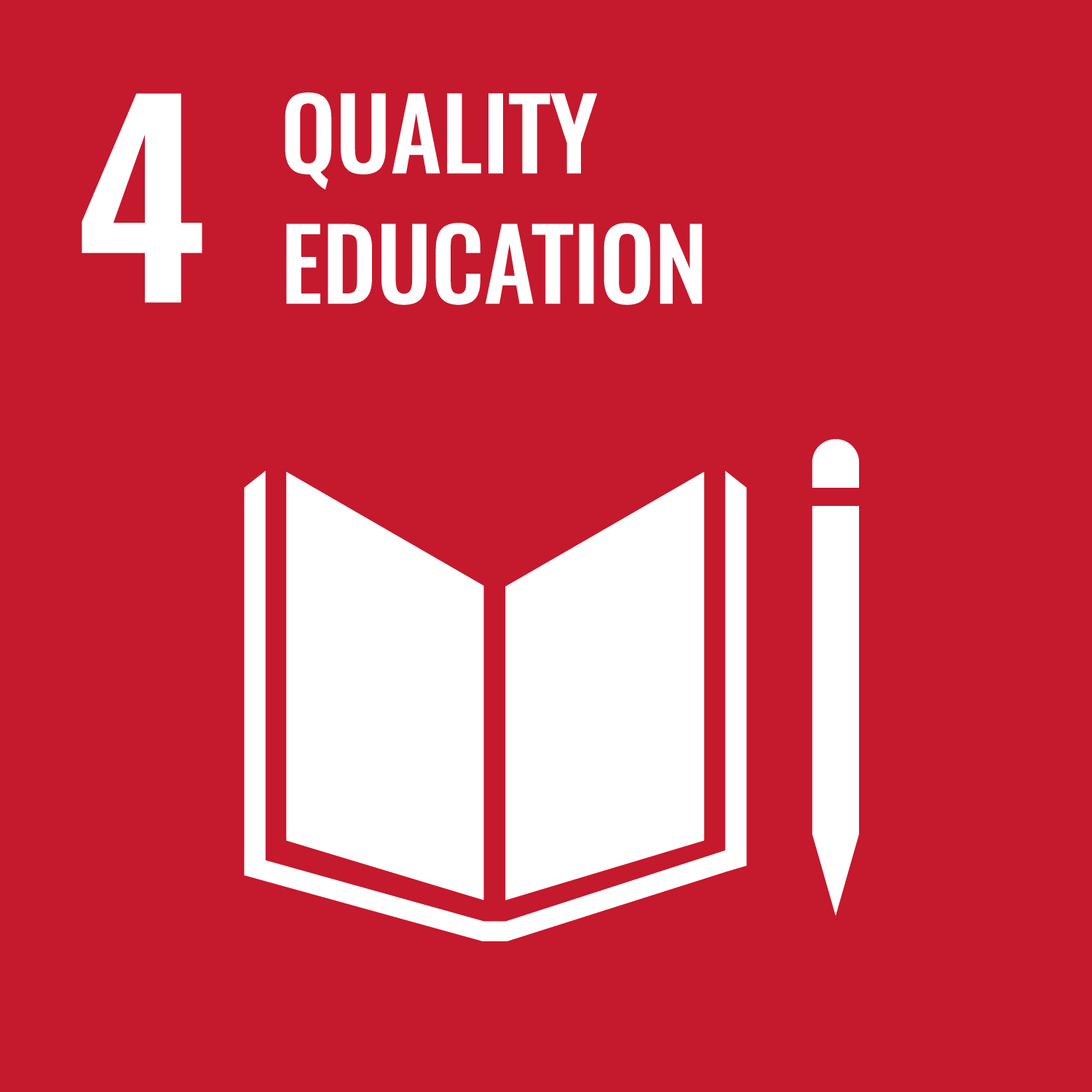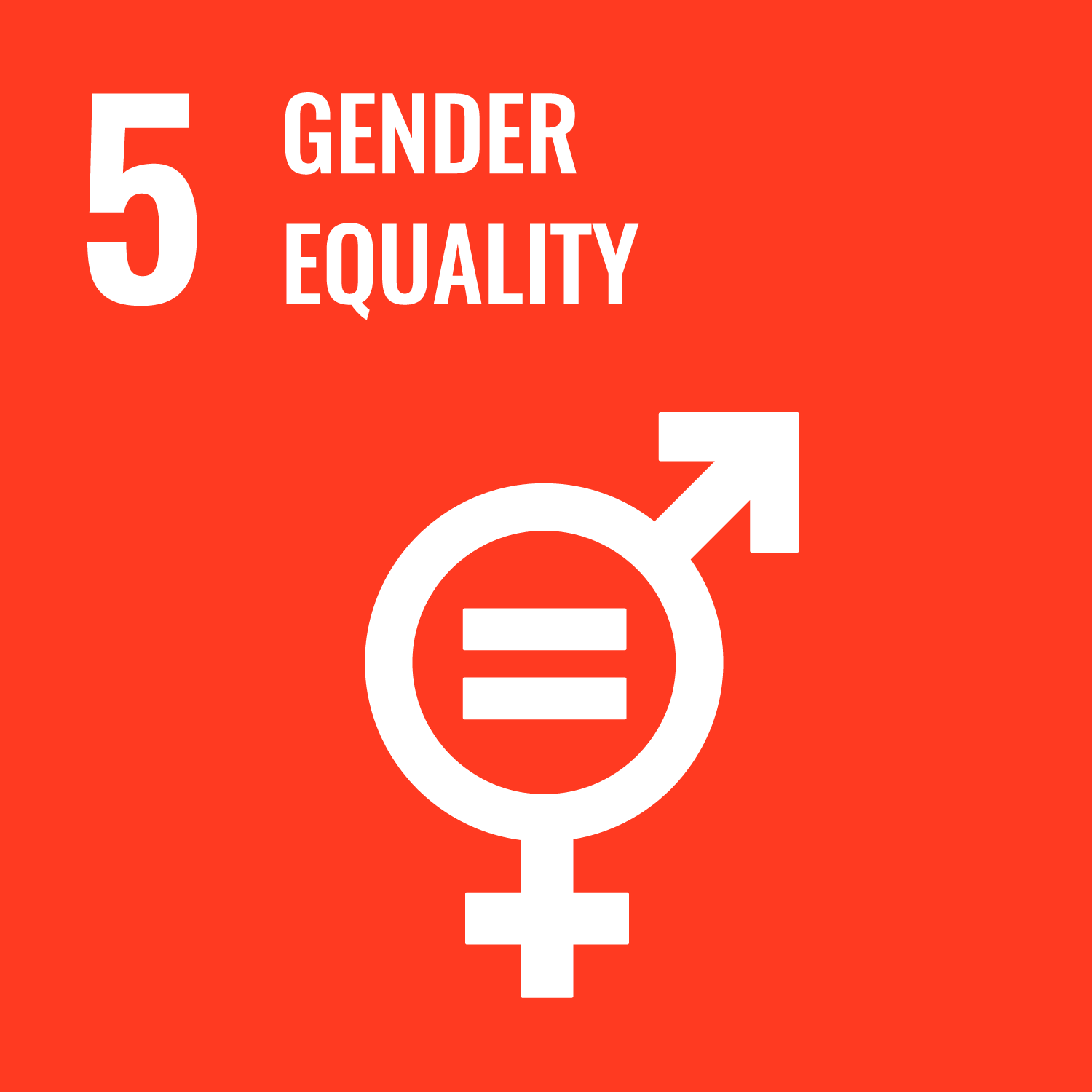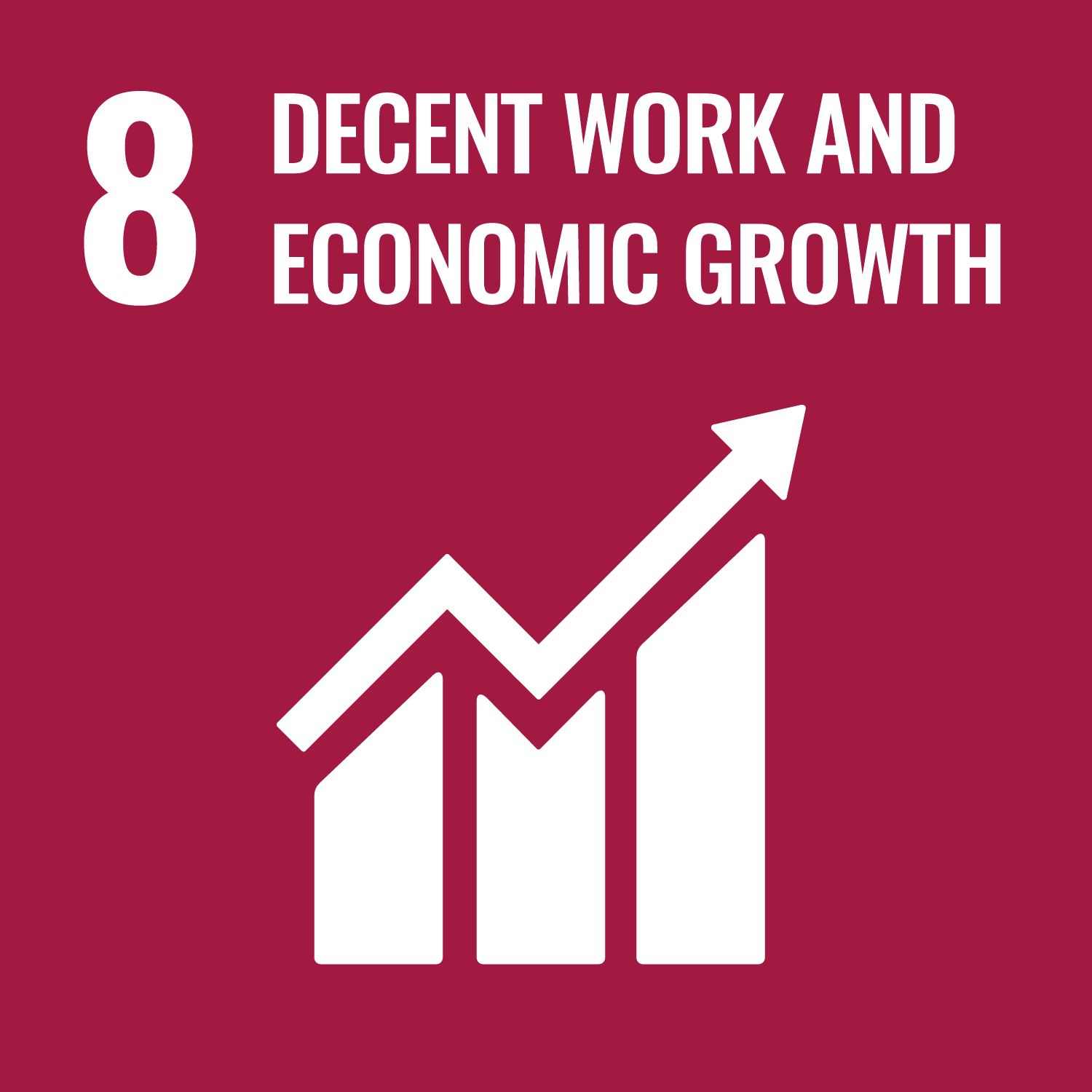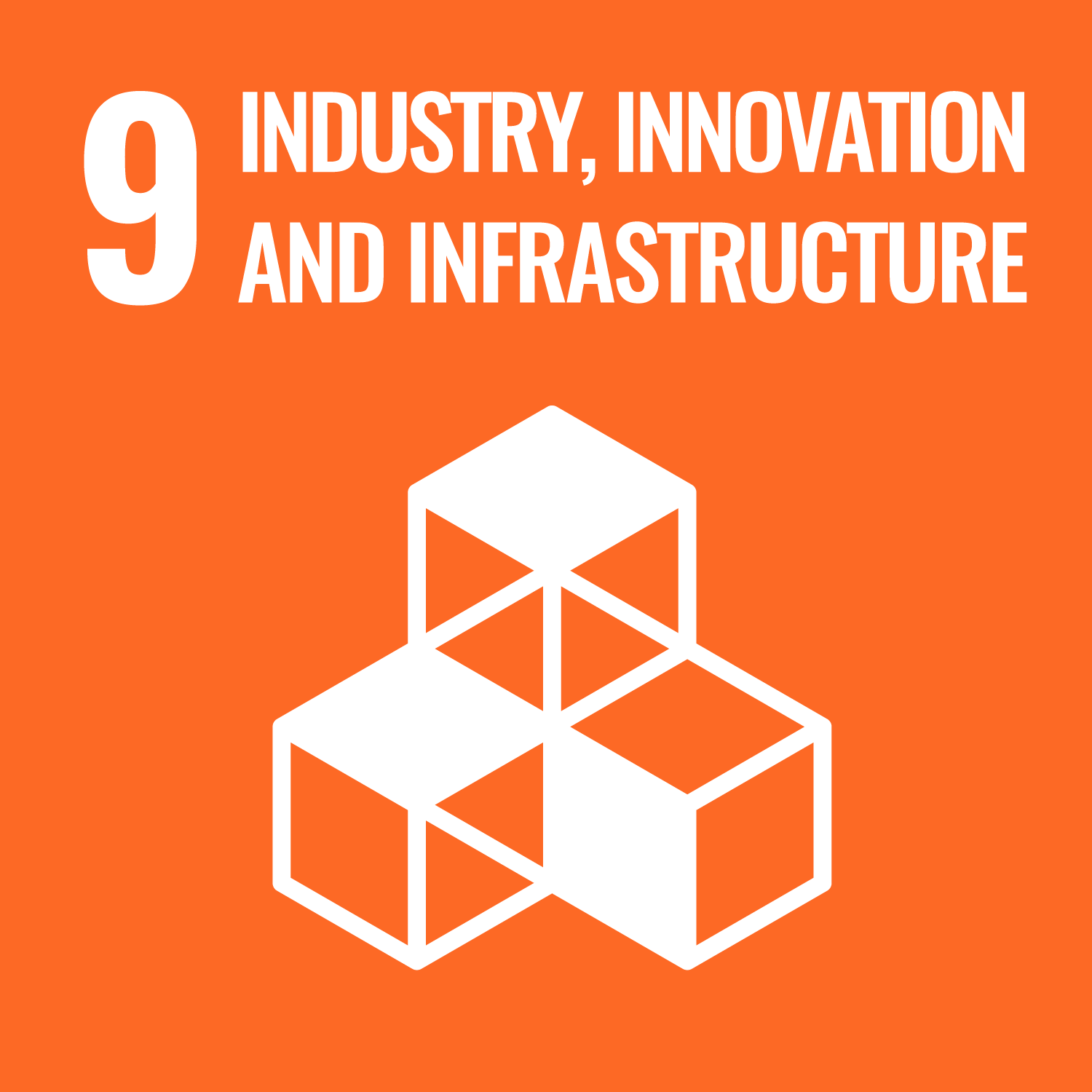New report calls for better forest education to safeguard natural resources
4 October 2022
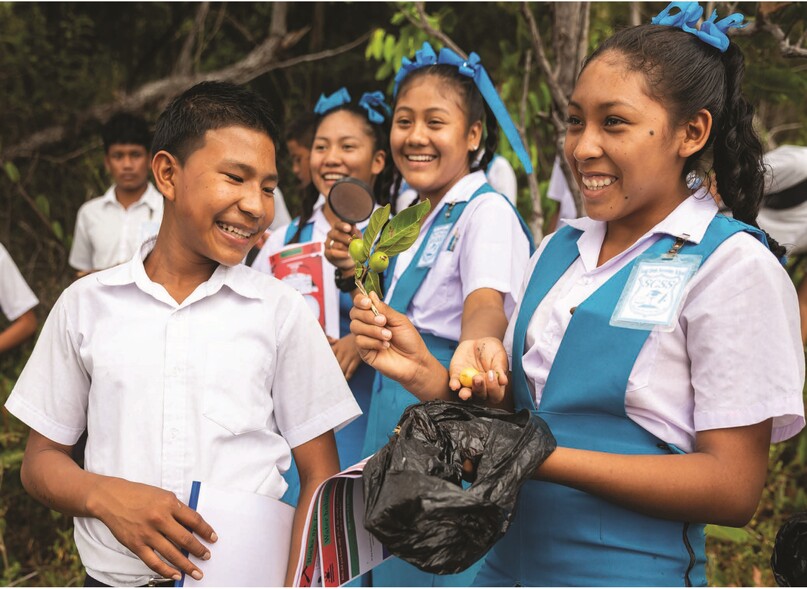
Creek Secondary School in Rupununi, Guyana, attend a field lecture where they learn more about their immediate environment. Photo: FAO
Rome, Italy, 4 October 2022: Education is essential for safeguarding natural resources, including forests. This is one of the key messages of a new and comprehensive Global Assessment of Forest Education, a joint report released at the 26th Session of the Committee on Forestry by the Food and Agriculture Organization of the United Nations (FAO), the International Union of Forest Research Organizations (IUFRO) and ITTO.
The role of forests and trees in countries’ efforts to achieve the United Nations Sustainable Development Goals (SDGs) is widely recognized, but there is a need for well-trained forest-sector workers, entrepreneurs, practitioners, researchers, professionals and policymakers and a well-informed public to maximize the contribution of forests to the SDGs.
“Forest education may be a tiny sector among educational branches, but it has the potential to play a much larger role. With a better understanding and alignment among forest-related stakeholders, it can make a difference in attaining the SDGs,” said IUFRO Executive Director Alexander Buck.
There are concerns, however, that forest education is often not meeting the needs of local communities and the fast-changing labor market, and the importance of forests and of forest managers and policymakers is often underappreciated.
“Our hope is that this report will inform future action to strengthen forest education to the benefit of forests and trees and contribute to the wellbeing of forest-dependent peoples, global society and the planet,” said Gerardo Segura Warnholtz, Senior Forestry Officer, FAO.
The assessment examines the status of forest education and identifies needed actions. It addresses education and training related to forests, trees outside forests and other wooded land and covers all levels of formal education: primary, secondary, technical and vocational education and training, universities and colleges. It identifies an urgent need for locally relevant, appropriate and inclusive solutions that take into account digital divides, language barriers and a gender and racial/ethnic balance in forest education programmes and the workforce. One of the main areas for improvement is to ensure that students at all levels have better access to forests and outdoor training experience.
“High-quality and widely available forest education that also includes Indigenous and traditional forest-related knowledge is essential for enabling forests and trees to fulfil their many societal and environmental functions, a key element being ‘fit-for-purpose’ in the forest sector,” said ITTO Executive Director Sheam Satkuru.
The report is based on the results of the 2020 Global Forest Education Survey, supplemented by the findings of six regional assessment reports on forest education, carried out under the project, “Creation of a Global Forest Education Platform and Launch of a Joint Initiative under the Aegis of the Collaborative Partnership on Forests”, with funding support from the German Federal Ministry for Food & Agriculture (BMEL).
